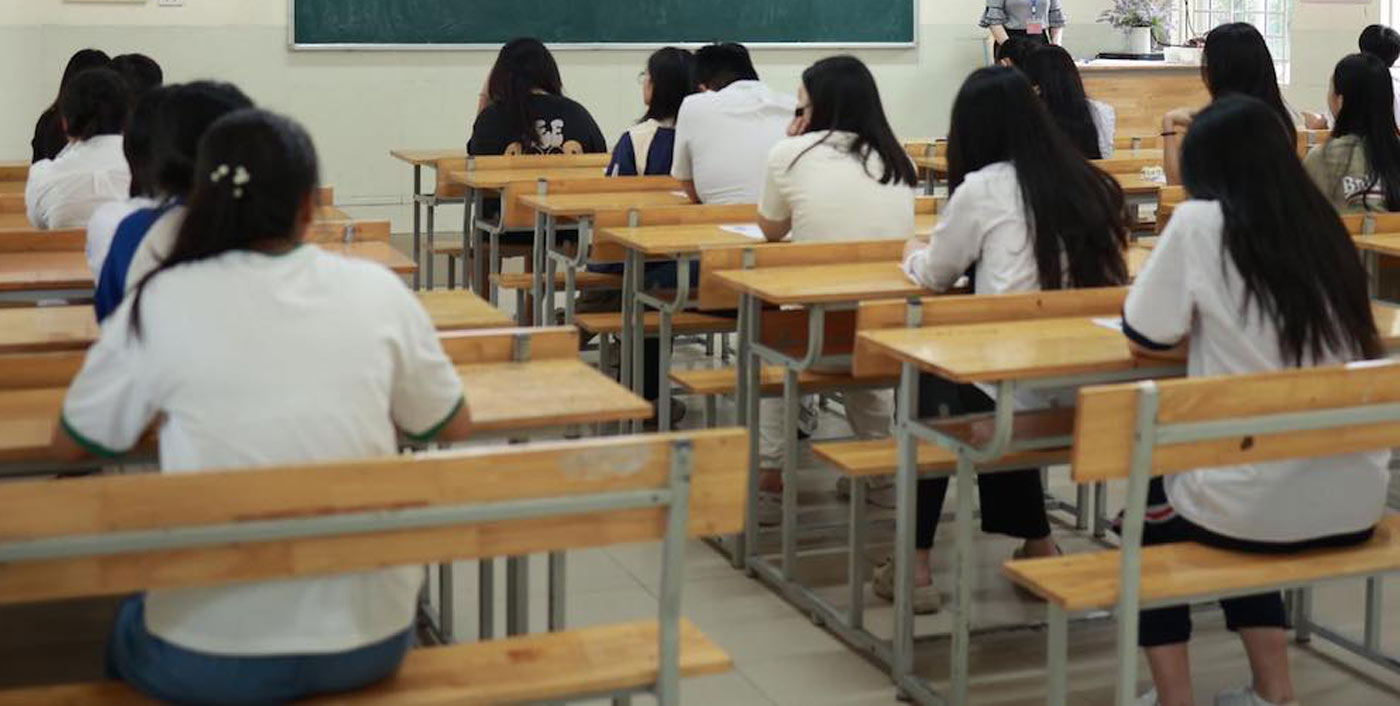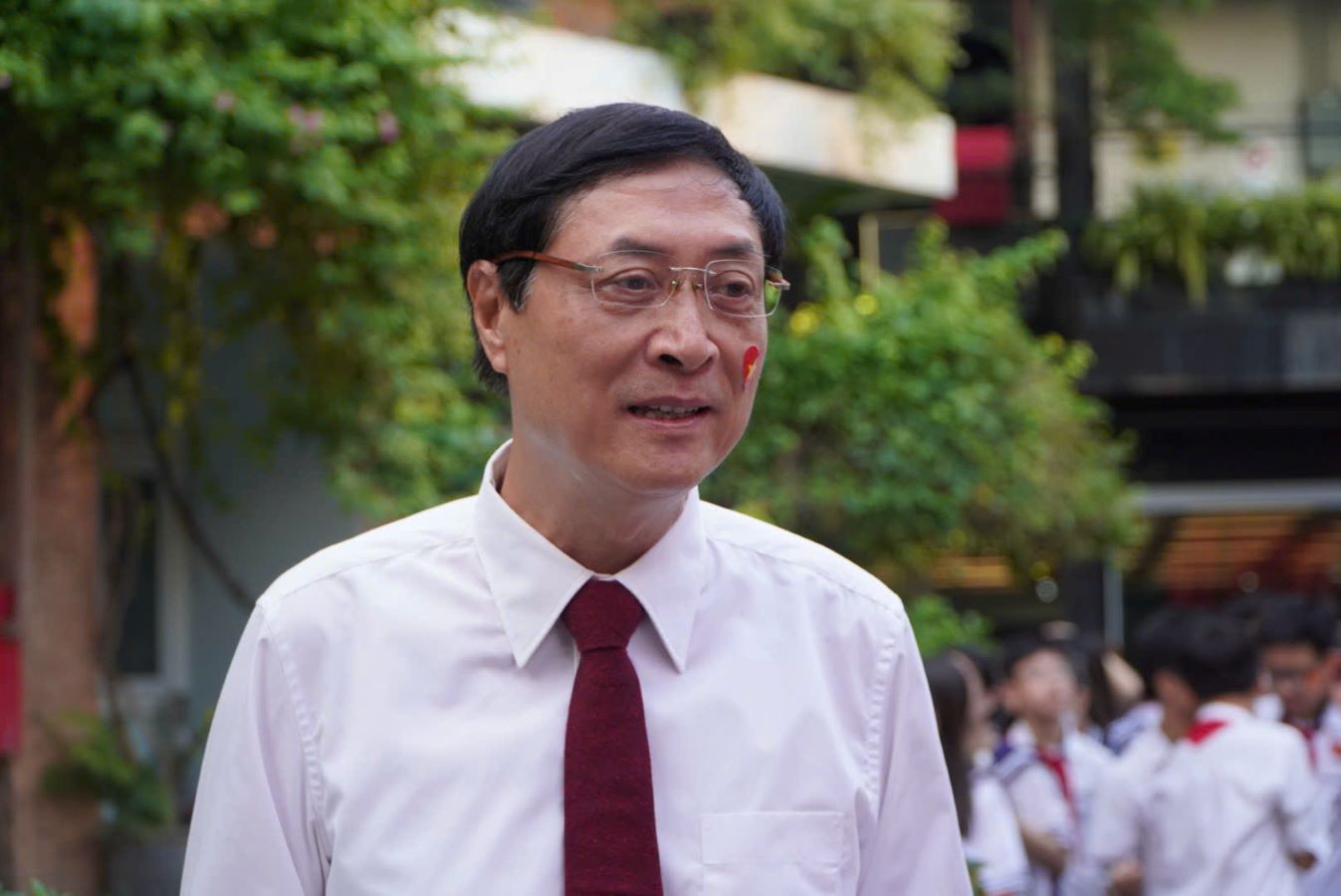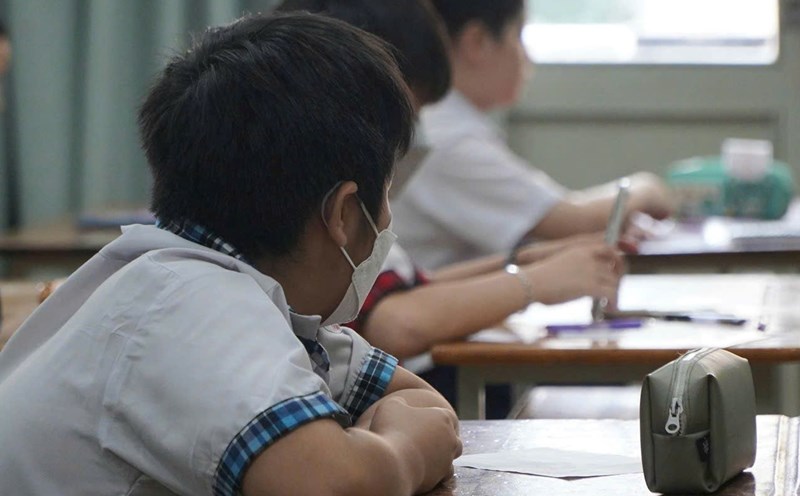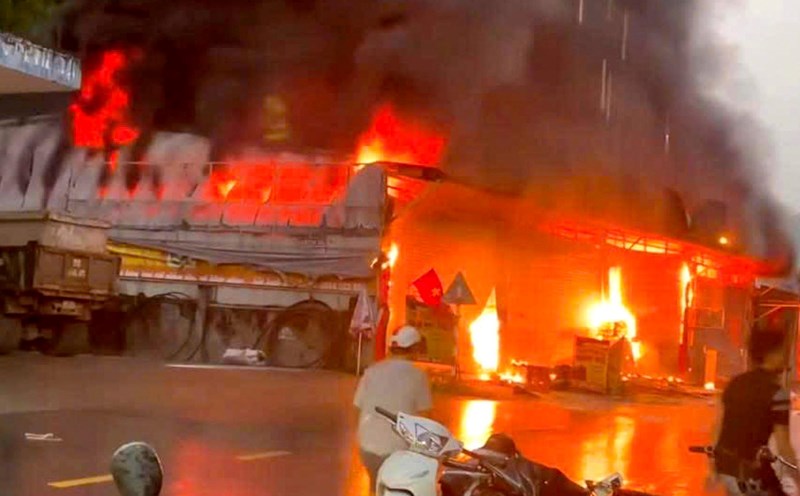Recently, the case of 7th grade students who mistreated homeroom teachers at Dai Kim Secondary School (Hanoi) has received special public attention.
It is worth mentioning that the incident occurred at the same time that the Ministry of Education and Training has just issued a new Circular ( Circular 19) on rewarding and disciplining students, replacing the regulations that have existed since 1988, with a new point being theabout of all forms of severe discipline, including suspension and schoolding.

Through this, school discipline has become an issue of heated discussion. In the context of " gentler" disciplinary measures than before, many teachers and education experts expressed concern and raised questions about how to handle and behave with impolite students who have refused to follow the instructions, are not standard, especially students who repeat violations many times, and refuse to be disciplined...
Ms. Nguyen Thu Thao - a primary school teacher in Dak Lak province - shared her experience in handling student violations through the story that just happened in the classroom she teaches.
" Two students in my class got into a fight after school. When I received the information, I quickly met each student separately, asking clearly the problem and the reason for their actions.
Based on the analysis of mistakes, as well as the consequences that may occur from their actions, I criticized, reminded and advised them not to repeat the offense" - Ms. Thao recounted and said that immediately after that, she contacted the parents of the children to inform them about the situation and coordinated with them to remind and educate the students.
According to Ms. Thao, teachers need to prioritize dialogue and listening to students. When understanding the root cause of the incident and grasping the motives for the wrongdoings of students, teachers will take more appropriate handling and support measures.
At the same time, coordination between families and schools is a communication measure, but it is always necessary and effective. School psychology groups should also be built in schools, thereby helping students have space to share, dialogue, and solve mental - biological problems at each age...
"Another experience in handling students who violate the law is assigning them small tasks, such as group management, supporting classmates based on their strengths... so that they have the opportunity to convert negative energy to positive, feel trusted or help them feel the need to study well, practice well, and be an example for their classmates" - Ms. Thao said.
From the same perspective, Mr. Nguyen Quoc Binh - Principal of Luong The Vinh Secondary and High School (Hanoi) - said that disciplining students should not only focus on temporarily adjusting their behavior, but more importantly, training self-awareness, forming inner discipline and nurturing maturity from within.

"When forced to face their own mistakes, self-admit and commit to correcting them, students will learn to take responsibility for their own actions" - the teacher said.
However, Mr. Nguyen Quoc Binh said that there are still cases where students have difficulty correcting even though the school has repeatedly reminded and educated them. That requires perseverance and closer coordination between teachers, parents and society to both maintain discipline and not leave any students behind.









